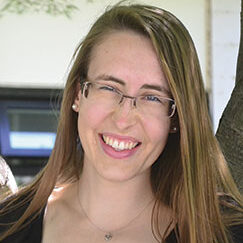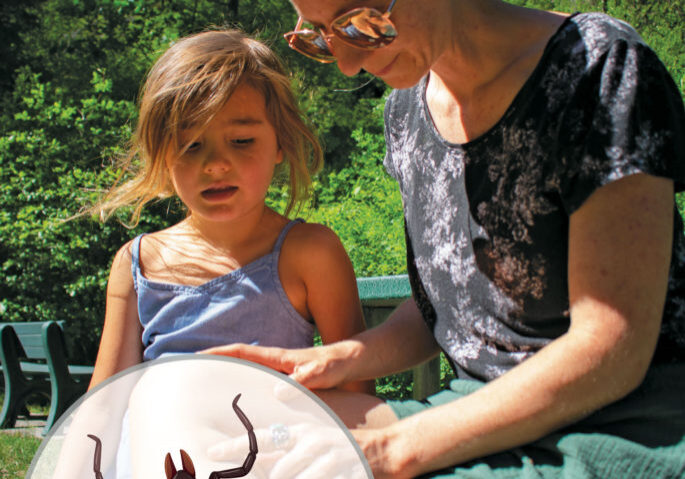“I take care of wounds, drain abscesses, start blood pressure medicine, treat diabetes and treat psychiatric conditions,” says Dr. Kyle Patton, M.D., medical director of the Hope program at Shasta Community Health Center (SCHC) in Redding. While this may sound like a typical day in any medical practice, Kyle’s work takes place in a very unconventional office space—the streets of Redding. The Hope program at SCHC is the health care for the homeless department within the health center. The program includes a mobile medical van, shelter clinic, medical respite, post hospitalization program and street outreach program.
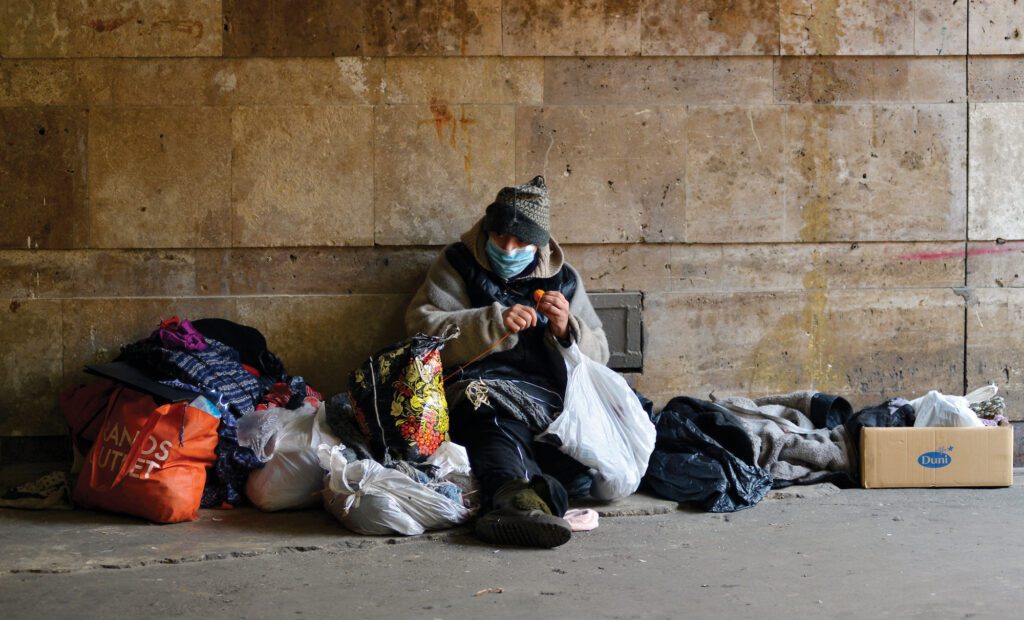

NSP: How did you start in street medicine?
Kyle: I was always drawn to medicine, but definitely had no idea I would find myself in street medicine. After graduating from the University of Utah, I took a homeless outreach worker position, which introduced me to medical professionals doing homeless outreach. Meeting the patients, hearing their stories and getting to know them on a personal level gradually grew into a commitment to helping these people.
NSP: How does street medicine differ from practicing medicine in a more traditional setting?
Kyle: The dynamics of a patient/doctor relationship are mostly understood when people come into a clinic, but our team has to create that relationship. A big part of my job falls into “pretreatment”; meeting people on the street and letting them know we’re not here to judge them or make them change but to offer resources and help if they want that. A lot of our patients feel disenfranchised by society or have had bad experiences with health care, so a medical team being willing to come out to their camps sends a very positive message. We tailor our approach to the patient and start with small issues so the patient realizes, “This is someone who really cares about and can help me.” Over time we can engage more about larger health care needs.
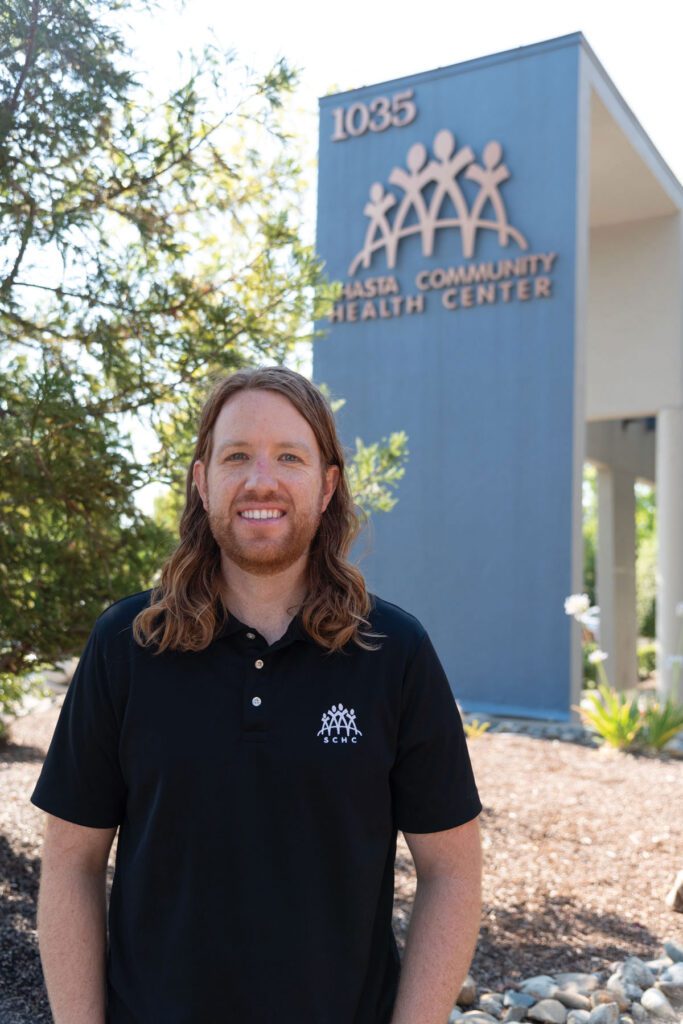

Kyle Patton treats patients experiencing homelessness with respect, kindness and compassion.
NSP: Are there misconceptions about street medicine?
Kyle: People often ask about my safety. In 13 years, I’ve never had a concern for my safety, which I think goes back to the positive message to our patients: we’re not here to judge. We come very much from a place of helping and they accept that very positively. Sometimes people think we’re enabling our patients. Maybe we are to a degree, but we’re enabling them to make positive changes in their lives and showing our society still cares about them. My work is more of a band-aid than a solution; I think housing, case management support and getting patients into stable living environments can better help their health outcomes in the longterm.
NSP: What brought you to Redding?
Kyle: My wife Lauren has some family in Redding. I knew Shasta Community Health Center was doing some cool homeless work, so when I finished my residency in Texas I came to interview. They were supportive of me continuing homeless health care, so we’ve been in Redding for about four years. We have a four-year-old son named Ford and a three-year-old son, Truman.
NSP: How do you handle the emotional weight of your work?
Kyle: I have kayaks, a paddleboard and a mountain bike, so any time I’m not working I’m trying to do something active outdoors, which is a reason I love Redding! I have a lot of good social and professional support inside and outside of work. Sharing not just the physical work we do, but the burden of the heavy situations we deal with is definitely essential. One thing that also helps me is focusing less on the outcome. We see a lot of difficult outcomes with our patients, given their social situations, so I try to focus on my relationship with them, on the small wins and seeing them make small positive changes.
NSP: How can North State families best reach out to the homeless?
Kyle: There are a lot of agencies doing great work with the homeless. Families can donate to our work (shastahealth.org). We operate under grant funding and some insurance reimbursement, but private donations go straight into tangibles like medications, wound care supplies and food for our patients. Individuals with medical experience can check out the National Coalition for health care for the Homeless (nafcclinics.org) or the Street Medicine Institute (streetmedicine.org). Keeping an eye out for legislation that might help or hurt the homeless is important. More than anything, our patients need strong allies here in the community to advocate for them.
Posted in: Health & Nutrition
Comment Policy: All viewpoints are welcome, but comments should remain relevant. Personal attacks, profanity, and aggressive behavior are not allowed. No spam, advertising, or promoting of products/services. Please, only use your real name and limit the amount of links submitted in your comment.
You Might Also Like...

The Troubled Tummy: Deciphering Your Child’s Chronic Digestive Distress
The dinner scene is dishearteningly familiar. Your 8-year-old daughter takes a couple bites of spaghetti, then starts poking at the food on her plate. “Eat up!” you say brightly, hoping […]

Covered California: What You Need To Know About The New Healthcare Marketplace
According to the California Healthcare Foundation’s 2012 annual report entitled “California’s Uninsured: Treading Water,” in 2011 nearly 7.1 million people under the age of 65 were not covered by health […]
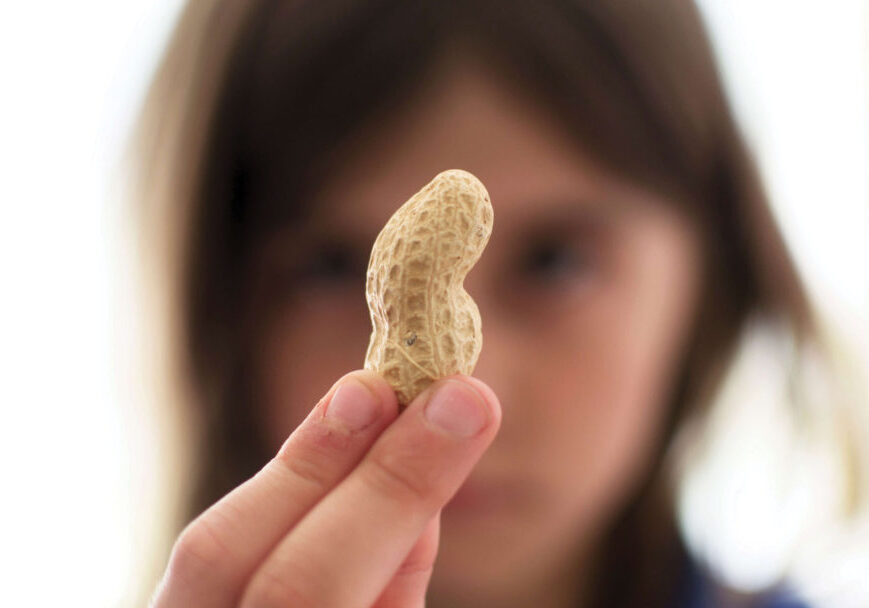
Food Allergies & Children – Can Kids Outgrow Allergies?
Some children may outgrow their food allergies. But the likelihood of that happening depends in large part on the type of food a child is allergic to, as well as […]

Talking to Boys About Body Image and Disordered Eating
When Kristine Strange talks about fitness with her two school-age sons, she’s careful to focus on effort, rather than physical appearance. “We talk about how strong our bodies are and […]

